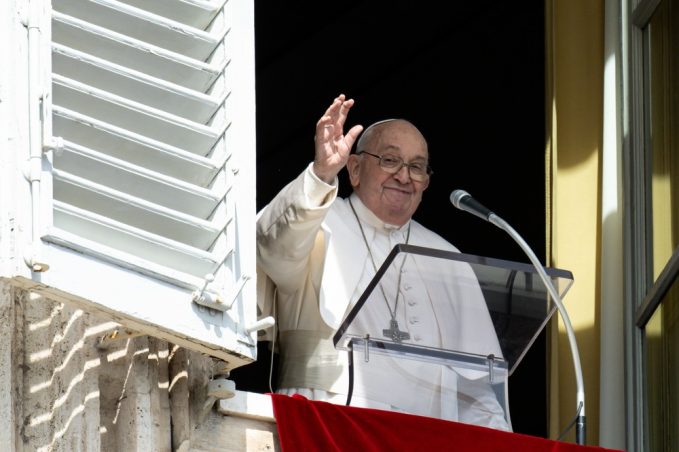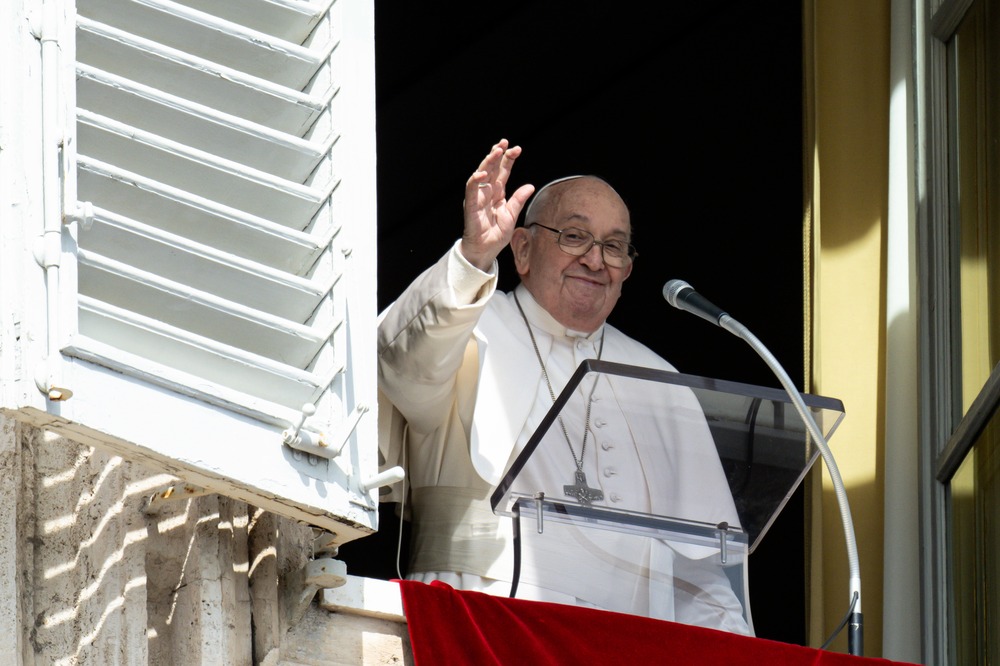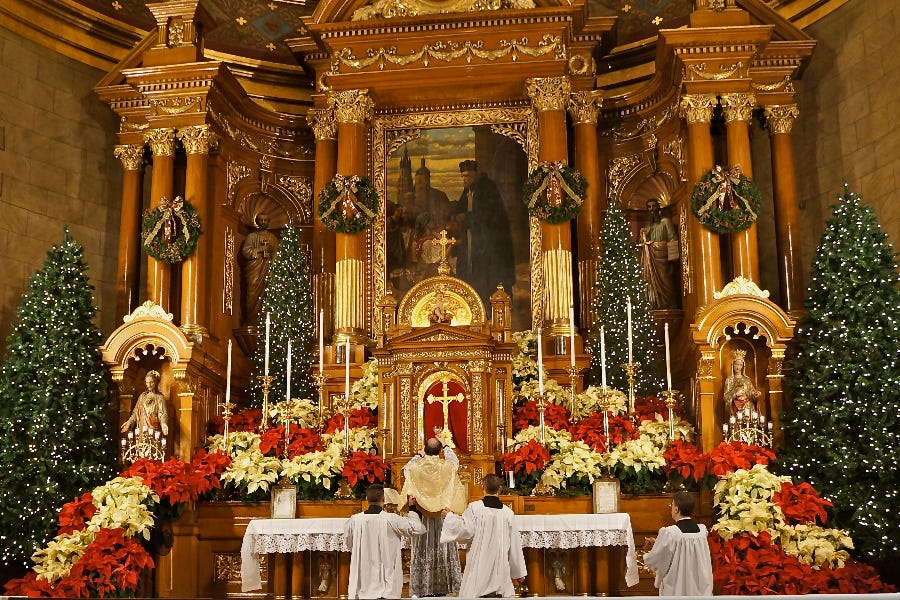Pope calls for release of religious brothers kidnapped in Haiti
Pope Francis called for the release of two religious brothers, members of the Congregation of the Brothers of the Sacred Heart, who are still being held hostage in Haiti. “I have learned with relief that in Haiti, a teacher and four of the six religious brothers of the Frères du Sacré-Cœur Institute, kidnapped last February 23rd, […]



Pope Francis called for the release of two religious brothers, members of the Congregation of the Brothers of the Sacred Heart, who are still being held hostage in Haiti.
“I have learned with relief that in Haiti, a teacher and four of the six religious brothers of the Frères du Sacré-Cœur Institute, kidnapped last February 23rd, have been freed,” the pope said after praying the Angelus in St. Peter’s Square March 17. “I ask for the release as soon as possible of the other two brothers and all those people still being held hostage in that beloved country, so fraught with violence.”
The kidnappings took place as Catholic religious have become targets for ransom in Haiti by armed gangs. In January, a group of six religious sisters were freed less than a week after being kidnapped by armed assailants. The United Nations said that more than 1,100 people had been killed, injured or kidnapped by gangs in January 2024 alone.
“I invite all the political and social actors to abandon any personal interest and to engage in a spirit of solidarity in the pursuit of the common good, supporting a peaceful transition to a country that, with the help of the international community, may be equipped with solid institutions capable of restoring order and tranquility among its citizens,” the pope said about the crisis in Haiti.
In his main speech, Francis reflected on the day’s Gospel reading from St. John, in which Jesus “tells us something important: that on the cross we will see his glory and that of the father.”
On the cross, the pope said, Jesus shows that “glory, for God, does not correspond to human success, fame and popularity.”
“Glory, for God, has nothing self-referential about it, it is not a grandiose manifestation of power to be followed by public applause,” he said. “For God, glory is to love to the point of giving one’s life. Glorification, for him, means giving himself, making himself accessible, offering his love.”
Francis said that God’s freely given love “reached its culmination on the cross, right there, where Jesus outspread God’s love to the maximum, fully revealing the face of mercy, giving us life and forgiving his crucifiers.”
The Lord’s true glory, “which never fades and makes us happy, is made up of giving and forgiveness,” he said. “Giving and forgiveness are the essence of the glory of God.”
On other hand, worldly glory “fades” and “does not leave joy in the heart; it does not even lead to the good of all, but rather to division, discord and envy,” Francis said, encouraging Christians to remember that “when we give and forgive, God’s glory shines in us.”














